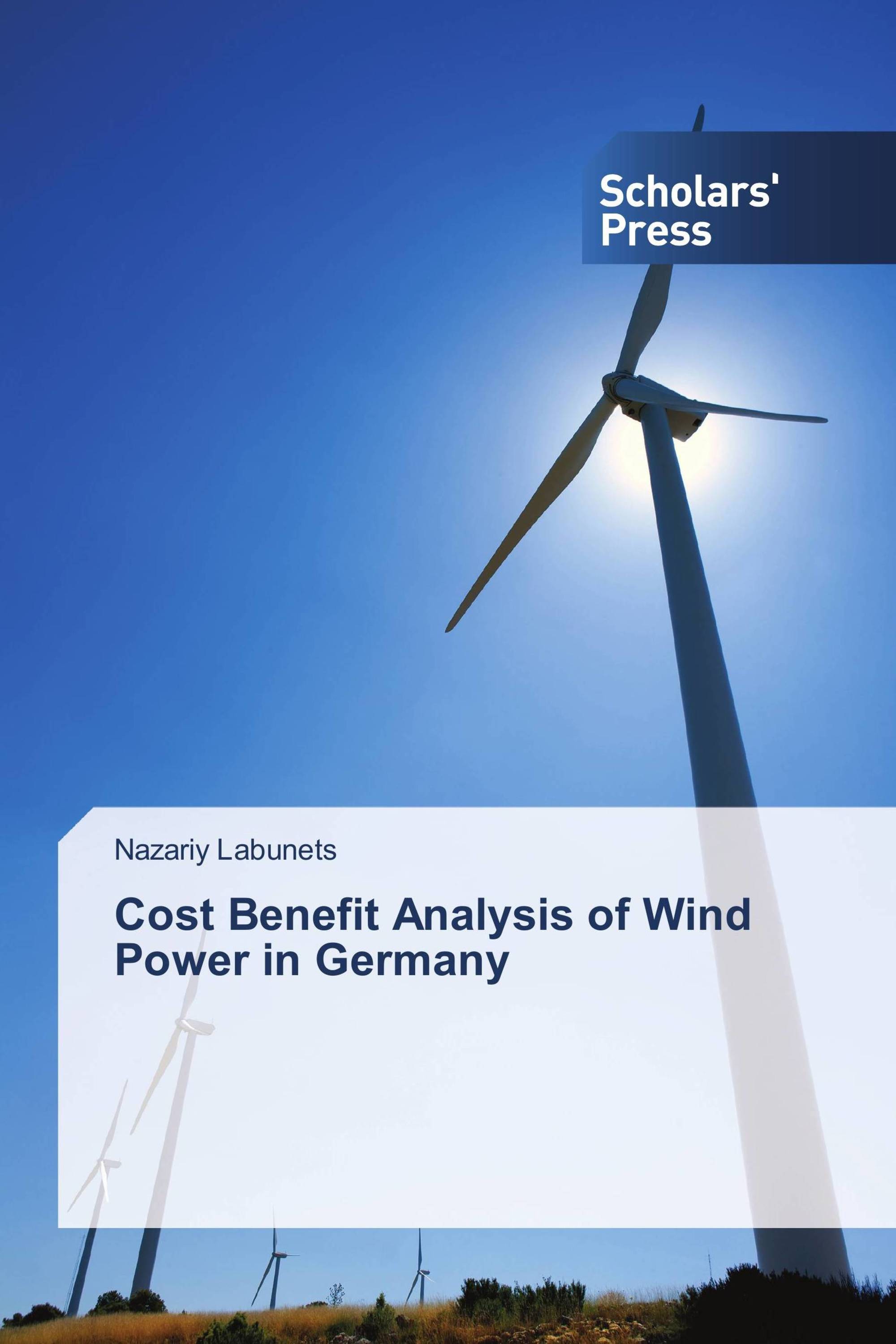Renewable energy is an important item on the European Union’s agenda. The current goal is to increase the share of renewable energy in the EU energy mix to 20% by 2020, currently being 13%. Wind power will play a big role in achieving this goal. This work focuses on the wind power sector in Germany, one of the European leaders in the expansion of this renewable energy source. Since renewable energy in Germany is supported by the feed-in tariff, this puts tens of billions of euros at stake. This work presents a cost benefit analysis of the whole industry until 2030, separately for onshore and offshore installations. Various costs and benefits stemming from the expansion of wind power are inferred from literature review and studying the peculiarities of the German case. The magnitude of governmental support is calculated by applying the Weibull distribution of wind speeds at different zones across Germany and power curves of 5 modern wind turbines. The analysis performed in this work may be useful for political decision makers wishing to approach wind power in a balanced way. Researchers might use the Weibull and Power Curve framework discussed in this research in their own work.
Book Details: |
|
|
ISBN-13: |
978-3-639-71402-9 |
|
ISBN-10: |
3639714024 |
|
EAN: |
9783639714029 |
|
Book language: |
English |
|
By (author) : |
Nazariy Labunets |
|
Number of pages: |
100 |
|
Published on: |
2014-04-02 |
|
Category: |
Work-, economics- and industrial sociology |
